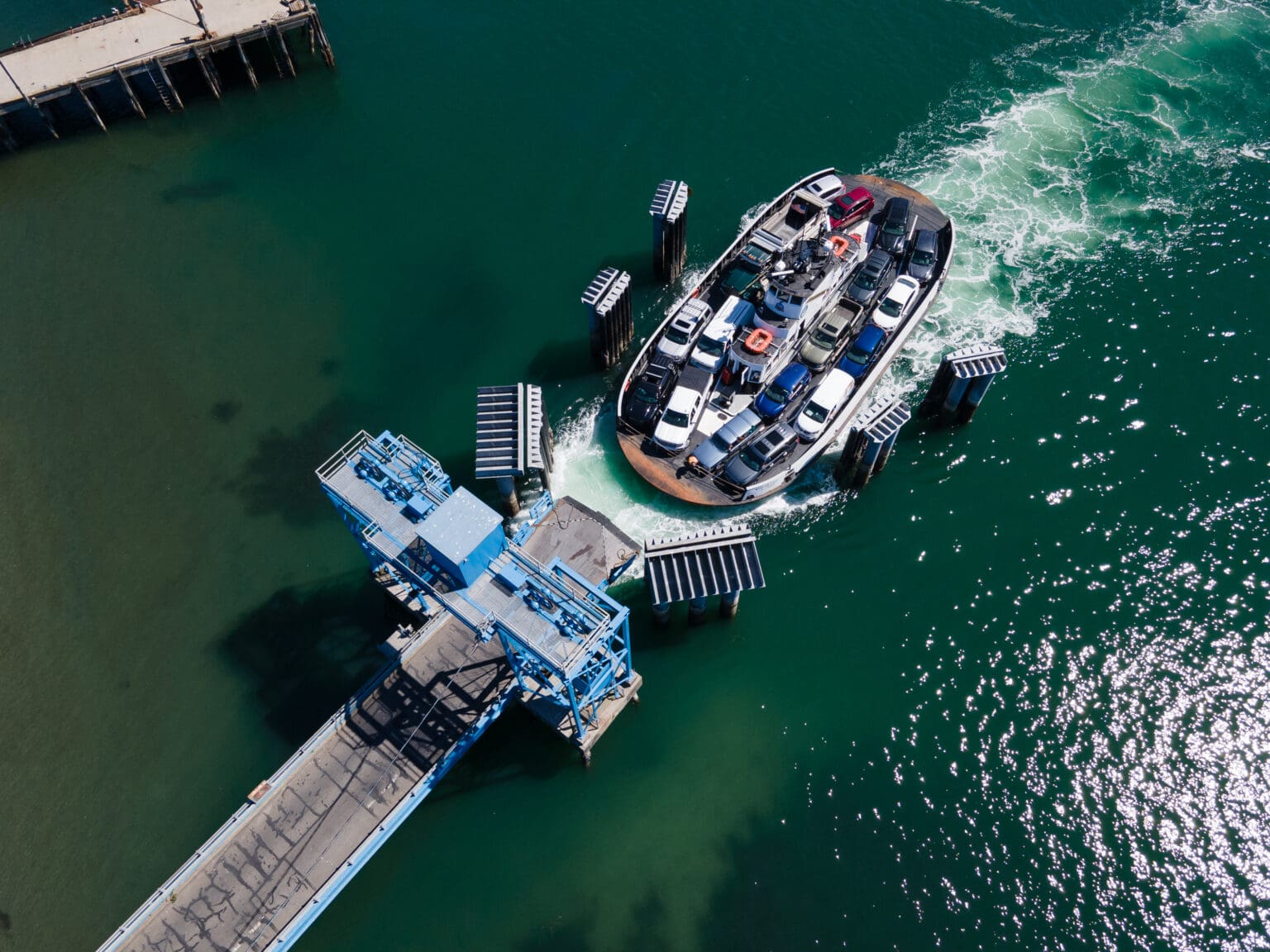In an effort to “restore public trust,” Whatcom County Executive Satpal Sidhu last month exercised his veto power for the first time, rejecting a county council ordinance that would have reset how the Lummi Island ferry fare is calculated.
The council voted July 25 to restructure the fare system before the Lummi Island Ferry Advisory Committee (LIFAC) had a chance to weigh in. As its name suggests, the committee’s purpose is to advise the county council on decisions about the island’s ferry service.
“The adoption of code changes without any formal recommendation from LIFAC shows disregard for the county’s longstanding tradition of soliciting public input through our advisory boards and commissions,” Sidhu said in a memo explaining his Aug. 9 veto.
After four resignations in recent months, LIFAC hasn’t been able to meet because it lacks a quorum. Only three members remain on the seven-person committee.
Council held a special meeting Tuesday, Sept. 5, to discuss whether to overturn Sidhu’s veto — his first in more than three and a half years as county executive. The decision to overturn never came to a vote, as council members appeared willing to accept the executive’s decision.
Council member Kaylee Galloway said at Tuesday’s meeting that she hoped the council would commit to “building trust and transparency and communication with all parties involved.”
Galloway proposed a timeline for action on the ferry fares, including seating new LIFAC members by November and passing new rules for calculating ferry fares by January 2024. The fare changes themselves would be approved in February 2024, according to Galloway’s timeline.
The vetoed ordinance included a complicated formula for calculating ferry fares, involving what qualifies as a day-to-day expense and what is a major repair or replacement. Ferry riders, a large majority of whom are island residents and the companies who do business there, would still pay for 55% of day-to-day, or operating expenses. The county must find other money to pay for repairs and other capital costs from the road tax or other funds.
Bob Anderson, a Lummi Islander who is part of another committee called the Lummi Island Work Group, said he was concerned over a new definition of “operating expenses” in the ordinance, which removes the words “regular and routine maintenance” and could leave ticket buyers responsible for certain unusual repairs.
The county spent about $800,000 on dolphin repair, Anderson said, and labeled it an operating expense, meaning ticket buyers must cover 55% of that cost. Dolphins are sets of pilings that help guide the ferry vessel to the dock.
“We feel strongly that that was a capital expense,” Anderson said. “The Lummi Island Work Group tried to make this point on a variety of occasions.”
This and other elements of the ordinance can be worked out in the coming months after the LIFAC reconvenes, county officials said. Anderson said his group’s concern was less about ordinance language in any case, and more about a breach of public trust — which was restored after the council accepted Sidhu’s veto.
“The ferry issue has been a story about how a community lost confidence in its elected officials and found a way to restore it,” Anderson said Tuesday. “That happened today.”




